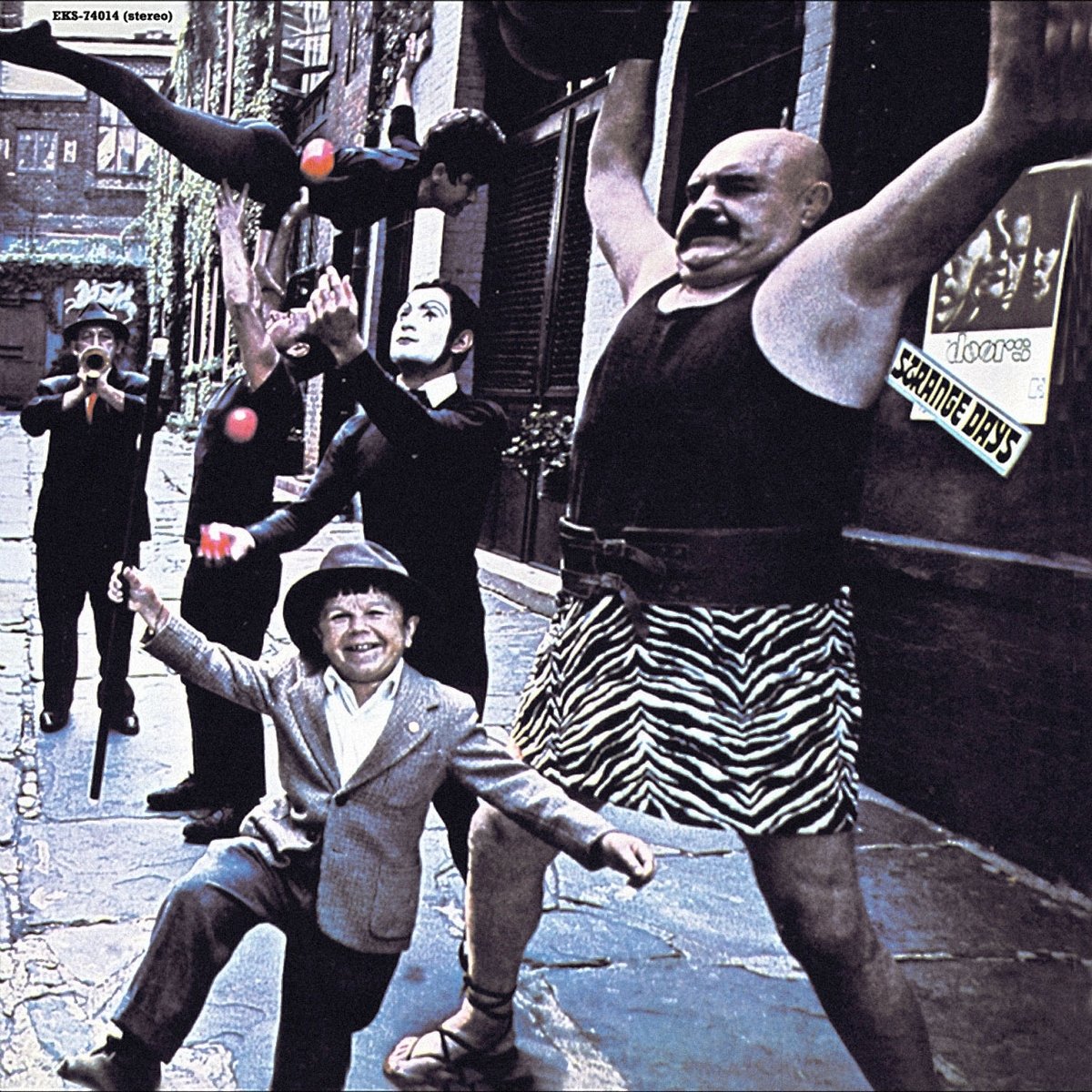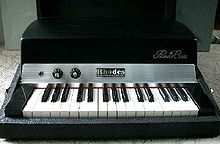
When I first heard Procol Harum’s “Whiter Shade Of Pale” single in the summer of 1967 on AM radio, I had assumed it was an older song, perhaps from the late 1950s. I was now twelve years old, but still musically very naive with no musical training except listening to AM radio and my very limited 45 collection assembled from the occasional 45 my grandfather gave me (he worked for Firestone and somehow he would sometimes get unused 45’s from the late 1950s) or from one of the few 45s my dad had purchased including two or three 45s of Ethel Merman and cast singing songs from “Annie Get Your Gun”, a Stan Kenton 45 of “Artistry in Rhythm” and a 45 with “Third Man Theme.”
“Whiter Shade of Pale” came and went on the Billboard charts, and I never gave the song or the group much thought, until later in life, when my next door neighbor brought over their “Grand Hotel” album. Well, better late than never, and eventually I purchased their “Salty Dog” album, the A&M reissue of the first album, and their album with the Edmonton Symphony Orchestra. This would be one of those rock groups that didn’t neatly fall into the progressive rock category, and one group that I was never particularly head-over-heels excited with, but I respected and appreciated for the well-written lyrics and well-crafted and arranged compositions.
Their first album, “Procol Harum”, was released around September 1967. The original North American version on Deram includes “Whiter Shade of Pale” and omits “Good Captain Clack”, (also found on the b-side of the “Homborg” single), however the A&M 1972 reissue includes all the tracks of the original UK album plus “Good Captain Clack.”
Gary Booker’s dark baritone voice, along with his keyboards, Matthew Fisher’s Cimmerian organ, Robin Tower’s expressive guitar work and the high quality of Keith Reid’s lyrics and Booker’s compositions make this an engaging album. Highlights include “Whiter Shade of Pale” (included on CDs and on the American LPs), “Conquistador” and “She Wandered Through the Garden Gate”, the guitar passages on “Cerdes” and “A Christmas Carol”, the organ and guitar in “Kaleidoscope”, the organ accompaniment and solos in “Salad Days”, and the Matthew Fisher composition, “Repent Walpurgis” which includes a Bach piano interlude and a couple of notable Trower guitar solos.
Track listing[from Wikipedia]
All tracks written by Gary Brooker and Keith Reid, except as noted.
| Side A | ||
|---|---|---|
| No. | Title | Length |
| 1. | “Conquistador“ | 2:42 |
| 2. | “She Wandered Through the Garden Fence” (two versions of this song were released—one with a “firm” ending, not a fade-out) | 3:29 |
| 3. | “Something Following Me” | 3:40 |
| 4. | “Mabel” | 1:55 |
| 5. | “Cerdes (Outside the Gates Of)” | 5:07 |
| Side B | |||
|---|---|---|---|
| No. | Title | Writer(s) | Length |
| 1. | “A Christmas Camel” | 4:54 | |
| 2. | “Kaleidoscope” | 2:57 | |
| 3. | “Salad Days (Are Here Again)” (from the film Separation, 1968) | 3:44 | |
| 4. | “Good Captain Clack” | 1:32 | |
| 5. | “Repent Walpurgis” | Matthew Fisher | 5:05 |
US version
| Side A | |||
|---|---|---|---|
| No. | Title | Writer(s) | Length |
| 1. | “A Whiter Shade of Pale“ | Brooker, Fisher, Reid | 4:04 |
| 2. | “She Wandered Through the Garden Fence” | 3:18 | |
| 3. | “Something Following Me” | 3:37 | |
| 4. | “Mabel” | 1:50 | |
| 5. | “Cerdes (Outside the Gates Of)” | 5:04 | |
| Side B | |||
|---|---|---|---|
| No. | Title | Writer(s) | Length |
| 1. | “A Christmas Camel” | 4:48 | |
| 2. | “Conquistador” | 2:38 | |
| 3. | “Kaleidoscope/Salad Days (Are Here Again)” | 6:31 | |
| 4. | “Repent Walpurgis” | Fisher | 5:05 |
- German version
| [show]Side A |
|---|
| [show]Side B |
|---|
Personnel[edit]
- Procol Harum
- Gary Brooker – vocals, piano
- Robin Trower – guitar (all but US 1)
- Matthew Fisher – organ
- Dave Knights – bass
- B.J. Wilson – drums (all but US 1)
- Ray Royer – guitar (US 1)
- Keith Reid – lyrics
- Additional personnel
- Bill Eyden – drums (US 1)
- Technical
- Simon Platz – executive producer (for Fly Records)
- Eddy Offord, Frank Owen, Gerald Chevin, Keith Grant, Laurence Burridge – engineer

1967 had plenty of colorful, bright shimmering bands providing technicolor, rainbow-glistening music with plenty of upper register sunlight. Procol Harum and the Doors provide a notably contrasting, distinctively dark, often gloomy, sound. They are more Mahler than Mozart, more Buxtehude than Vivaldi. Even the bright spots, “Like People Are Strange” on the Doors second album, absorbs more light than it radiates.
“Strange Days” opens up with a repeating pattern anticipating German space rock, seetting an austere bleakness that is carried throughout the album. The bass guitar intro that opens up “You’re Lost Little Girl” comes from dark subterranean underground caverns, supplemented by atmospheric and Morrison’s moog-synthesizer processed baritone vocals.
The dark, reflective music continues through the album. “Horse Latitude” breaks the mood as it is more indulgent than germane to the overall mood of the album. “People Are Strange” is more melodic and accessible, more catchy than indispensable, and more of a commercial single than an essential part of the album’s broad fabric, providing relief by breaking the general mood as well as providing an effective mood-based modulation to the upbeat “My Eyes Have Seen You.” Elements of dusk and darkness resume with “I Can’t See Your Face in My Mind” and are nicely concluded with the final track, a nearly 11 minute psychedelic, expansive “When the Music’s Over” with its moog synthesizer, organ and Fender Rhode’s piano bass.

The lyrics, are dark, but at times spirited and environmentally militant. Does Morrison foreshadow his death or the death of our environment?
When the music’s over
When the music’s over
Turn out the lights
Turn out the lights
Turn out the lights”
….
“Before I sink
Into the big sleep
I want to hear
I want to hear
The scream of the butterfly
…
“What have they done to the earth?
What have they done to our fair sister?
Ravaged and plundered and ripped her and bit her
Stuck her with knives in the side of the dawn
And tied her with fences and dragged her down
With your ear down to the ground
We want the world and we want it…
We want the world and we want it…
Now
Now?
Now! “
Track listing[from Wikipedia]
All tracks written by The Doors (Jim Morrison, Ray Manzarek, Robby Krieger, and John Densmore).
| Side A | ||
|---|---|---|
| No. | Title | Length |
| 1. | “Strange Days“ | 3:11 |
| 2. | “You’re Lost Little Girl” | 3:03 |
| 3. | “Love Me Two Times“ | 3:18 |
| 4. | “Unhappy Girl” | 2:02 |
| 5. | “Horse Latitudes“ | 1:37 |
| 6. | “Moonlight Drive“ | 3:05 |
| Side B | ||
|---|---|---|
| No. | Title | Length |
| 7. | “People Are Strange“ | 2:13 |
| 8. | “My Eyes Have Seen You” | 2:32 |
| 9. | “I Can’t See Your Face in My Mind” | 3:26 |
| 10. | “When the Music’s Over” | 10:58 |
Personal (from Wikipedia)
Additional musicians
|
Technical
|
(Note: Not credited in Wikipedia, but there is clearly a moog synthesizer on the last track, “When the Music’s Over.”)
Previous Fifty Year Friday Posts:
Fifty Year Friday: Billy Strayhorn and Duke Ellington
Marta Argerich and Carlos Paredes
David Bowie, Marc Bolan, John’s Children
John Coltrane/Jefferson Airplane
Aretha Franklin/Simon Dupree and the Big Sound
Comments on: "Fifty Year Friday: Procol Harum “Procol Harum and The Doors “Strange Days”" (3)
Were your old records 45’s or 78’s?
LikeLiked by 1 person
poison21, the Annie Get Your Gun, jazz and rock and roll records that I listened to as a kid were 45s.
LikeLiked by 1 person
That’s what I thought, and first time I saw these were recently at Goodwill. We had all on 78’s. Very brittle with deep grooves from needles on old players that were basically sharpened nails.
LikeLiked by 1 person